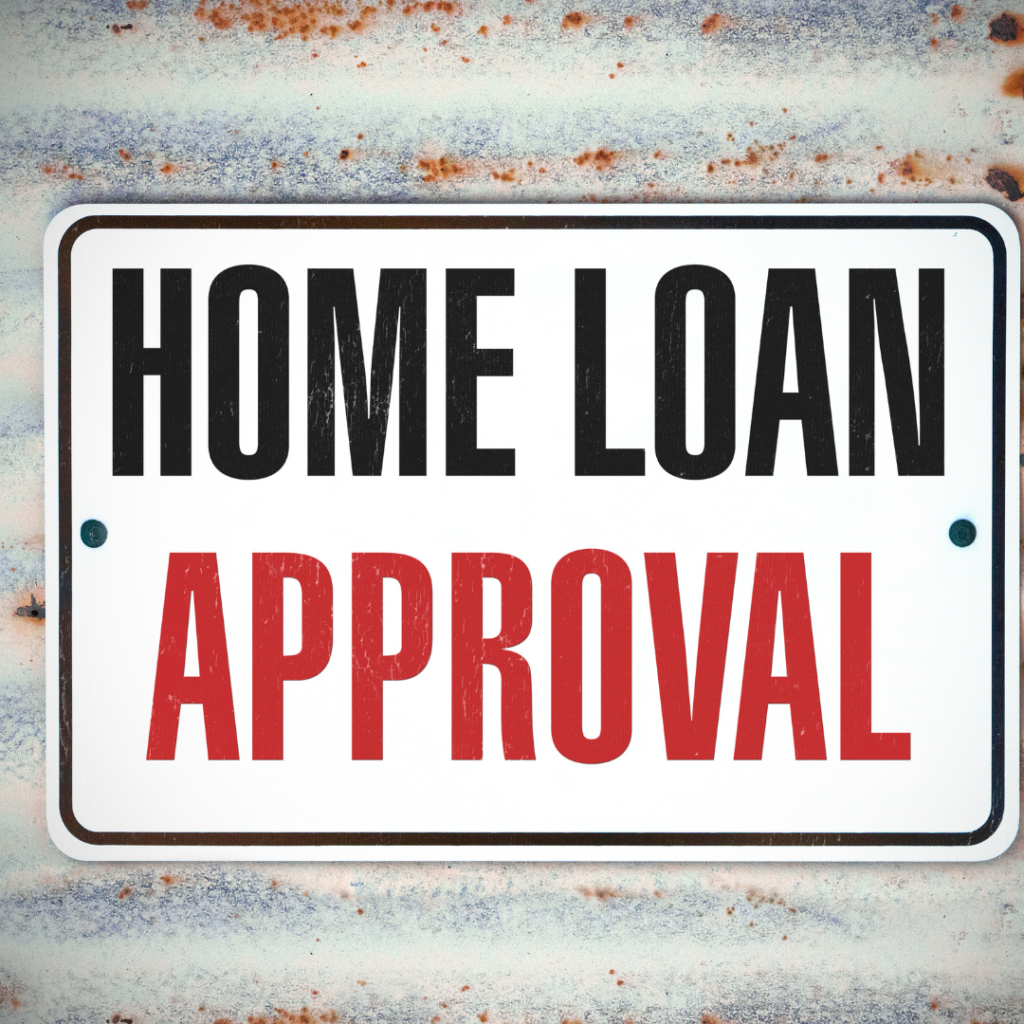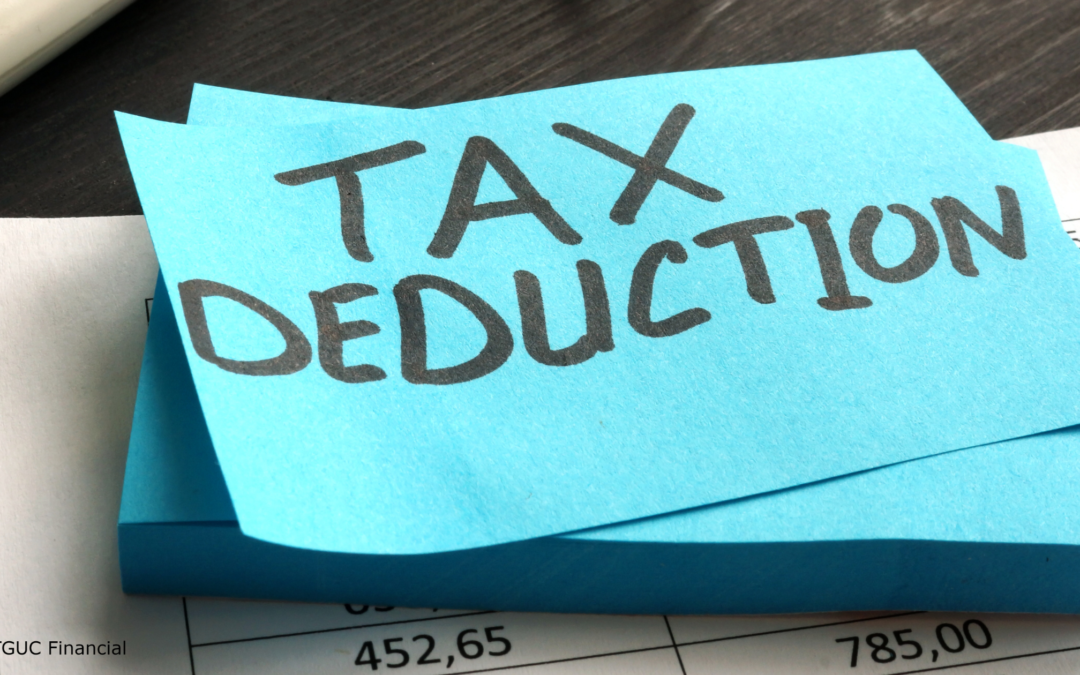Does home improvement tax deduction help homeowners? Is home improvements tax deductible? The tax break on home improvement loans depends upon the type of home improvement loan you are applying for.
Homeowners can borrow amounts for various home improvement projects such as additions, extensions, garage conversions, and roofing improvements. Before applying for a home improvement loan, homeowners should check the requirements to qualify for the loans. Every financing option has different requirements and tax deduction conditions. In this article, let us look into the home improvements that qualify for tax credits and deductions.
Home Improvement Tax Deduction – 2022
Homeowners can use both secured and unsecured loans for home improvement projects. Secured home improvement loans such as HELOC, Equity loans, Mortgage loans, and secured credit cards offer the home improvement tax deduction.
On the other hand, homeowners cannot get tax deductions for a personal home improvement loan. For Federal income taxes, you cannot write off personal home improvement costs.
Tax Deduction for Home Improvements
The homeowners should keep track of the expenses and calculate the type of improvements. Taking a tax break loan is not a difficult task in equity loans, but homeowners have to agree on certain conditions.

Homeowners will get both fixed and variable loan rates after getting approved home equity loans. The tax deductions depend on the type of renovations. If a homeowner gains a lot in the home improvement projects, they have to pay more tax. Some of the home improvements that increase the value of your home are,
- Replacing the roof of your home.
- Electric wiring insulation at home.
- Installing an HVAC system.
- Home additions and extensions(bathroom, kitchen, and garage)
On the other hand, homeowners will be able to deduct the tax on energy-efficient improvements.
Tax Credit Benefits – Tax Credit for Home Improvement
Home improvements will increase the value of your home exponentially. At the same time, a homeowner should also calculate the tax deductions while selling their homes based on the renovations they did.
Energy-efficient improvements at home will qualify homeowners for Federal tax credit benefits. Some of the energy-efficient improvements at your home are,
- Installing an HVAC system.
- Solar panels to your home.
- Geothermal heat pumps.
The tax credits are of two types, refundable and non-refundable taxes. If your taxes are less than the credit amount, this type of tax qualifies as refundable tax. In non-refundable taxes, the homeowners will not receive the remaining amount. Another important condition in qualifying the tax credit is, the energy-efficient improvements should be in your personal residence.
Capital Improvements
Capital home improvements are the major home improvements that increase the value of your home. To qualify for the tax credit, homeowners should check the major home repairs at home and document them.
If a home improvement doesn’t add value to your home, it might not qualify for the tax benefits. For example, if you are changing or replacing a window or door at home, the small repair will not qualify you for tax benefit. On the other hand, some major remodelings such as home office addition, kitchen addition, bathroom renovation, and adding new wires in your building will increase the value. Tax credit for home improvement depends upon the types of renovations.
1. Energy-Efficient Tax Credit 2022
The energy-efficient tax credit 2022 is around 26% of the cost. The cost also includes installation prices. Homeowners can claim the Residential Energy Efficiency Property Credit for the improvements for all energy-efficient equipment.
Energy-Efficient Home Improvements
The energy-efficient upgrades fall into two categories. The qualified energy-efficient upgrades are qualified energy-efficient upgrades and residential energy property costs.
For instance, when a homeowner installs solar panels, the cost includes adding solar panels and installation costs. The solar energy systems costs should include both solar energy support and the functionality of the structure. The costs that are not related to solar property costs will fail to qualify the tax benefits. To qualify for solar water heating property, you should have qualified for the Solar Rating Certification Corporation. Nevertheless, the property should serve both solar electric generation and structural support of the property.
2. Medical Expenses Home Improvements
Homeowners will also have tax deductions for medical home improvements. The main purpose of the expenses should be medical care. If the objective of home improvements benefits your family members for medical care, you can apply for tax credits.
- Modifying the entrance or remodeling the exit.
- Remodeling the electrical outlets.
- Installing lifts.
- Widening the doorways.
- Remodeling kitchen cabinets.
The large home remodeling will increase the value of your homes like kitchen additions, bathroom remodeling, and installing hardware and lifts. While deducting tax credits for the large medical home improvements, the increase in home value will get reduced. Homeowners can do any type of home improvement, but it should benefit homeowners for health.
3. New Roof Tax Deduction
Can you claim a new roof on the taxes? Is a new roof tax-deductible in 2022? If you have these questions about roof tax deductions, read below to know about tax deductions for new roofs.
Adding a new roof to your home is one of the efficient home improvements that increase the value of your home. The roofing improvements to your home will attract potential buyers. Homeowners should check whether they are eligible for the tax benefits for roof remodelings.
If you are planning to do a small repair or change only a minor section of your roof, it might not qualify for the tax deduction. On the other hand, if you replace your roof it is considered as one of the large renovations. Homeowners will qualify for the new roof tax credit benefits for replacement.
4. Home Office Improvements
Using a part of your home for business purposes will qualify your home for the tax benefits. Homeowners should represent their homes as the central area for the business to get qualified easily. Homeowners will be able to deduct expenses for the area of your home that they use for business purposes. The home office expenses are,
- Insurance
- Interest for the mortgage
- Repairs
- Depreciation
The part of your home should be of regular use for the business expense to qualify for the tax credits. If you are using one of the rooms as a separate standing structure for your business, the percentage of the area will be calculated for the deduction. Home office addition is one of the best tax-deductible home improvements.
5. Rental Property Renovations
The homeowners can deduct a certain amount for expenses in the rental property renovations. The expenses are property tax, the interest of the mortgage, and repairs. If a homeowner do the improvements, they can deduct the repair and maintenance cost in the taxes.
Deducting the labor costs for the home improvements in rental property is also one of the efficient ways. The utilities you pay for your tenant, such as gas, electricity, water are tax-deductible. While deducting the cost, the homeowners should submit the records of financial statements, expenses, and rental activities.
Personal Home Improvement Loans: Non-Deductible
If a homeowner borrows money from the equity loans that are borrowed against the property, the interest if the loans are tax-deductible. But, personal home improvement loans are not borrowed against any equity percentage, so most of the personal home improvement loans are not tax-deductible.
Nevertheless, homeowners will not make their home as collateral and fall into risks such as foreclosure in personal home improvement loans. In the equity loan financing option, the homeowners should have a good credit score to qualify for the home equity loans. The homeowners will have tax benefits for interests in equity loans, but this financing option has a lot of requirements. Borrowing home improvement loans from TGUC Financial will benefit homeowners in various ways such as fixed interest rates, no collateral, and easy qualification. Home remodeling works with TGUC Financial’s home improvement loan is both profitable and has low risks.
Related Reads
- 10 Best Home Improvement Loan Rates
- How Do Home Improvement Loans Work?
- Home Improvement License: All You Need to Know
- How to Increase the Value of a Manufactured Home?
- How to Get Approved for a Higher Home Loan for Repair?
Frequently Asked Questions
1. Are minor home repairs tax deductible?
Minor renovations and repairs will not increase the value of homes. Therefore, minor home repairs are not tax-deductible.
2. Where should you claim for a home improvement tax deduction?
IRS home improvement tax deductions will formulate the conditions for the deductions based on the type of renovation. Homeowners can claim the tax deductions according to IRS conditions.
3. How to report tax deductions for home improvements?
Homeowners should have the records and documentation of every improvement and expense. While reporting tax deductions, the records will help monitor the progress of the property.

